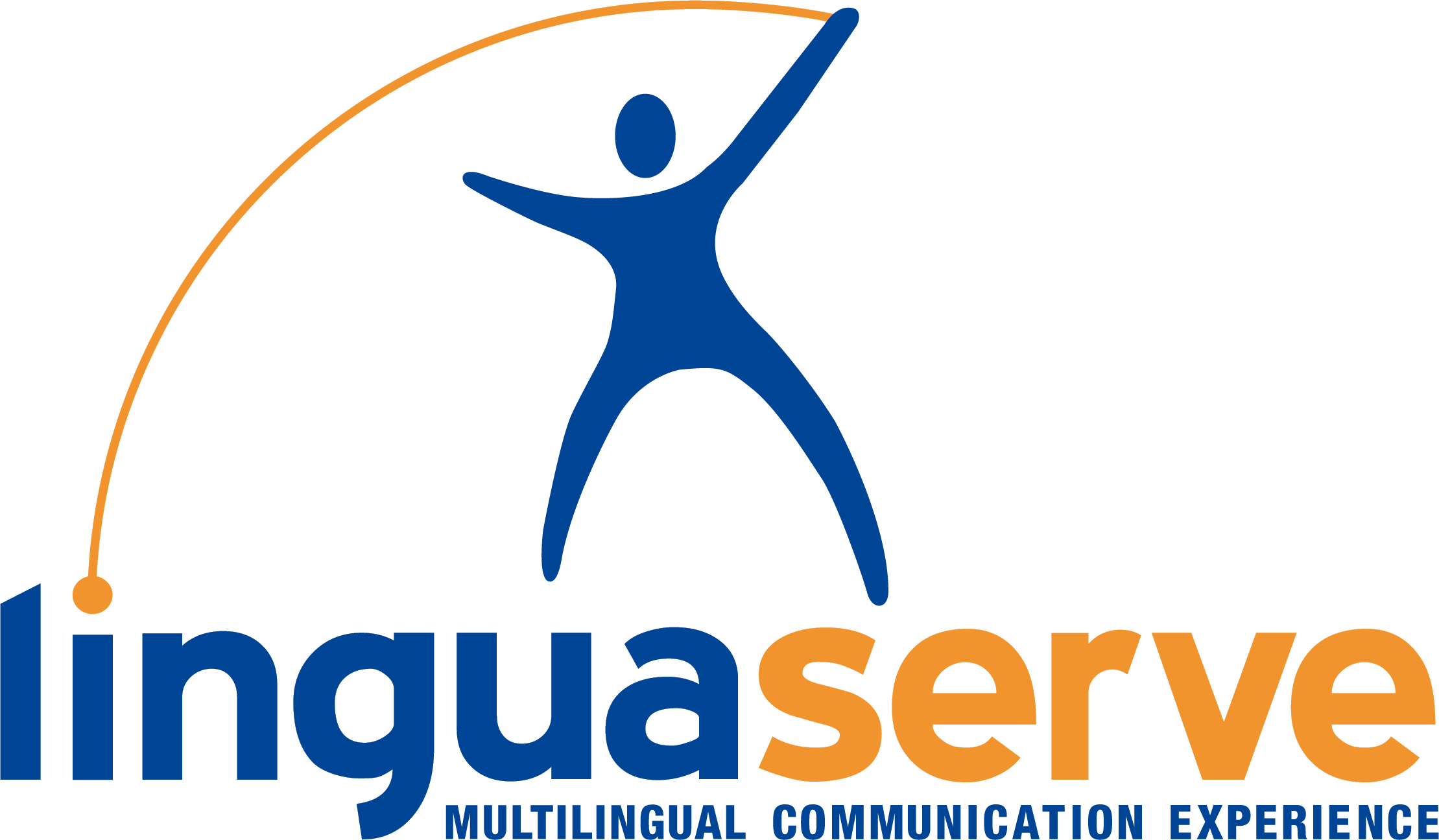Machine translation for websites is one more sign of a globalized world. While English began as the official language of the Internet, this linguistic landscape has changed as different countries and cultures — which at first did not have access — began connecting to the World Wide Web.
In this multilingual and globalized context, we take a look at the pros and cons of machine translation as it relates to the Internet. Do you want to see what they are?
Advantages of machine translation for websites
You may be considering machine translation for your online content. Okay, let's took a look at the pros:
Explore and try new markets
If we examine the speed and cost-effectiveness offered by machine translation, you’ll see it's a fast solution for your business and your users.
Cost-effective:
At this point, you may be wondering if a website translator is free. For nothing (free applications do exist) or a small investment (compared to the cost of hiring human translators) you can take advantage of applications that allow you to translate your WordPress or PrestaShop.
In this sense, translation is cost-effective, not only for marketing material but also for more in-depth content such as product information.
What are the disadvantages of machine translation for web environments?
We are sorry to say that there are numerous disadvantages to this method of translation, so we recommend combining machine translation with revision by specialist professionals.
Algorithm-based translation
Websites translated by a robot are of limited value, since they are based on an algorithm — i.e. preset templates.
It's like using an automated attendant for your customer service. While it may be a simple and even optimal solution to begin the interaction, the conversation will soon get complicated and necessitate human intervention.
It does not take context into account
As you know, a machine translator cannot accurately reflect the complicated semantics that arise in language. When you consider the fact that most words are polysemic, it is clear that context is essential to fully understanding them.
An enemy of SEO
Despite offering a machine translator, Google is perfectly aware that machine translations leave much to be desired.
In this sense, in terms of SEO positioning, using a machine translator will be detrimental for your website.
Google knows that websites translated by a machine do not offer optimum customer experience, and, paradoxically, it penalizes them.
However many miracles you read or hear about, using machine translators on a regular basis is counter-productive. You can use them for an initial translation, but make sure to polish them with the help of a professional editor.
In short, if you want to explore and do business in new markets and other languages, even if you use a machine translator for your website translation, you should refer to specialized translation applications and complement these with revision by professional translators. They will know how to give the finishing touch to your texts by polishing them, contextualizing them, and enhancing them for SEO.







